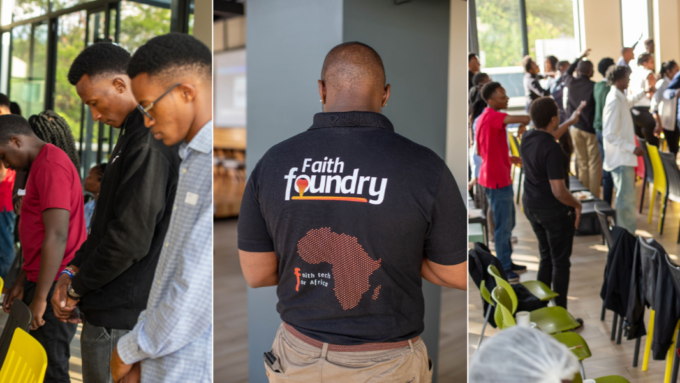In medieval times our ancestors’ death had a different connotation and approach as compared to now.When a person died, the unwanted but acceptable transitional occurrence brought a communal moment for a rite of passage to be celebrated and reflection on life lived.
Once it was confirmed that a life was no more a community, led by its elders, would gather, deliberate on issues to ensure no taboo would be committed in the processes that led to internment. They’d then ask for assistance(food contribution) from within, taking proportionately according to one’s gift.
Our ancestors recognised that death was a painful burden and a mourning family couldn’t be allowed to shoulder any ‘financial’ load by mortgaging the little they had just to fill hundreds of stomachs who’d come to lower a departed soul.
“Outsiders” therefore willingly contributed food items and other celebratory materials.
Those who lacked also participated in the funeral arrangements because the society acknowledged that not everybody had dispensable gifts and even if someone had, it couldn’t readily be available all the time. The bereaved families did not go into debt traps trying to please people who’d come with their bellies wide open ready to bid the dead a farewell while staring at the color of smoke emanating from a packed kitchen.
How things changed to where we are now is a miracle only prophet Daktari Owuor can explain after giving God a privileged private phone call. Now, expectations are on the mourning family, not the community, to provide the juice according to the preference of the attendees.
Funerals these days are like a competition and reality shows presided over by a representative of a monarch in conjunction with a Hollywood play writer. Resources are borrowed and a certified payback promissory note left with the “auctioneers”.
Folks are hellbent on outdoing each other on who hired the best caterers, who had an earth shaking sound system and who spoke pretty well.
If you dare include “githeri” in a funeral menu, Gossip FMs will not leave you alone. Their hounds of pettiness will hunt and camp on you for days, finding fault in your inactions. I once heard a tale of a woman who when at any funeral, says she’s got fible and almost falling teeth hence doesn’t take githeri. In her house, the same weak teeth grind githeri as if she’s in a competition to win an award on “who’s got the best posho mill-like mouth attachments”.
In modern funerals, even for the “walala hoi”, clothes are matched, eulogy scripted, faces powdered and walking styles choreographed as if grim reaper requested it all. And there must be that one person who’ll speak in a “foreign” language because they don’t understand their mother tongue.
Funerals are rivaling the showbiz industry. It’s a race to either chill a body at city morgue or Lee funeral home. Swag is measured and people look through the lense of “what did he/she come with?”.
Pastors and priests are also paid to come and lay someone to rest. However, they don’t call it payment. They baptize it as “a token of appreciation for a heavenly work commissioned on earth”.
And woe unto you if you don’t roast the fattest part of a cow or slaughter a chicken, blessed by Jehovah Wanyonyi, to the men and women of God who help in transitioning the body to the next formless sphere. Your name might be expunged from the church register and your homestead marked.











